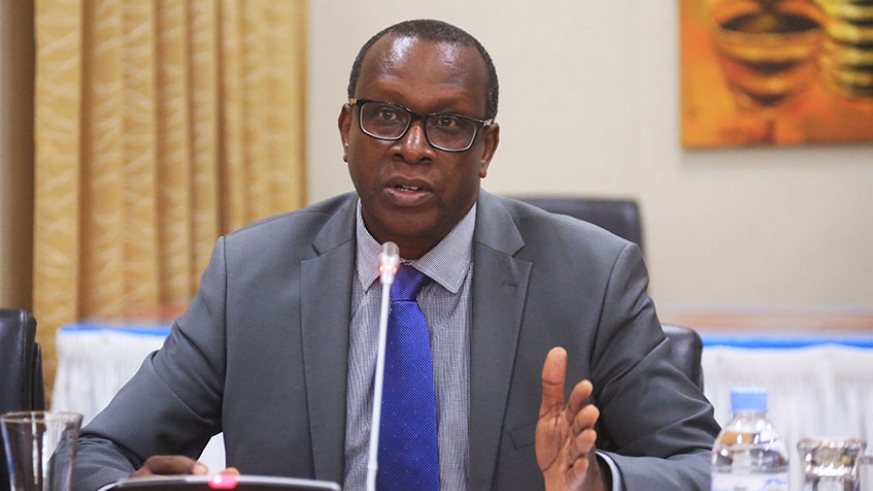
CNLG shines spotlight on Genocide convicts who have evaded justice
By Emmanuel Ntirenganya, The New Times
Originally Published on 17th December 2019
Some people who were convicted of Genocide crimes by Gacaca courts have been on the run in an attempt to evade justice, the National Commission for the Fight against Genocide (CNLG) has said.
The disclosure was made on Monday, December 16, 2019, as CNLG was appearing before the parliamentary Standing Committee on Human Rights to respond to queries from its 2018/2019 activity report.
The sentences, Jean Damascène Bizimana, CNLG Executive Secretary explained, include prison terms, and community work known as TIG – a French acronym for “Travaux d’Intérêt Général.
Under TIG, convicts would serve part of their sentences doing community services.
Most of them are believed to have relocated to the capital Kigali because it is easy to hide and find jobs there, indicating that some do construction work, among other casual jobs.
“Others moved to Nyagatare and Gatsibo in search of land. They settled there and it is not easy to detect that they are genocide convicts,” he said.
He said RIB and CNLG have a list of those convicts believed to have escaped.
However, he said: “Last year, 112 people were rearrested and forced to complete their sentences in prison”.
Bizimana pointed out that many of those who relocated to that Eastern part of Rwanda had committed the genocide in other parts of the country such as the districts of Nyanza, Nyaruguru, and Nyamagabe.
“We know that challenge. When we get a dossier, we work with the National Identification Agency so that we establish whether the person in question was registered. When they did not change names, they can be tracked and arrested,” he said.
However, he said that they are those who changed names to hide their identities making it difficult to detect them.
“There are some who make slight changes in their name. For instance, there is a case, which is still in court, of a businesswoman called Nyirankundabanyangawho was a resident of Gatenga in Kigali. She went to Kenya. Then, Gacaca court handed her a 30-year-sentence [as she was convicted of genocide crimes].
She later returned to the country, Bizimana said, changed her name to Nkundabanyanga – which was written on her national identity card, and carried on her bar business.
After that, Bizimana said, Genocide survivors denounced the case and she was arrested by RIB. But, the woman said that she was not the culprit, arguing that she does not bear a different name.
“The case as it stands now implies that she would be charged with document forgery and then arrested for genocide crimes,” he said.
He said that the information about such cases is collected and is later verified, and competent organs take legal action.
“Whenever and wherever genocide commemoration is held, we get information from survivors that a given person was sentenced by Gacaca, but he disappeared and they point to possible hiding places like Kigali or Mutara (Eastern Province). So, we collect the information from all those who have it,” he said.
“We then search Gacaca files to ascertain whether those people were really sentenced. If we find that someone was sentenced and known his/her whereabouts, we work with police and RIB so that the culprits are arrested and complete their sentences,” he said.
Originally Published in The New Times
